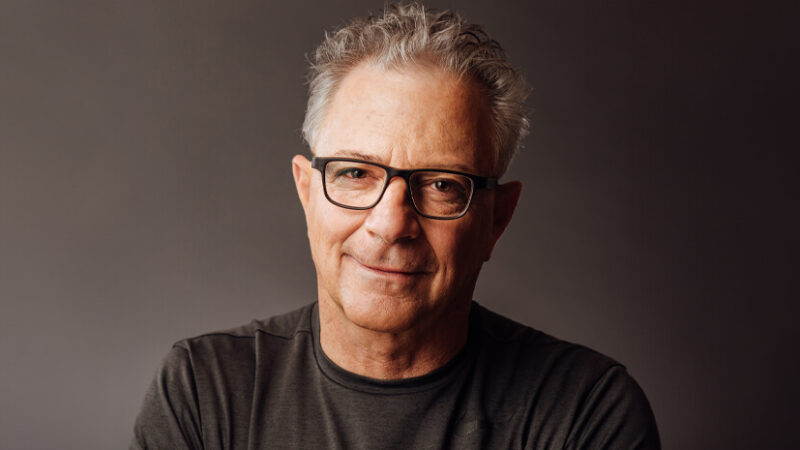Tara Brach is right. The use of psychiatric medication by those committed to spiritual practice is one of those topics that can get real heated, real fast. This is a complex issue and one that many of our authors and listeners have grappled with over the years. Is it possible for medication and meditation to work together, as allies on the path of healing and awakening? We hope you enjoy this short article by Tara and would love to hear your thoughts as always.
Can you medicate meditation? by Tara Brach
The use of anti-depressants by those involved in meditation practice is a very hot topic. Students often ask me things like, “If I take Prozac, isn’t that as good as giving up? Aren’t I admitting that meditation doesn’t work?”
Those who’ve been advised by a doctor to consider medication tell me they are afraid of becoming dependent on it, afraid they’ll never function again without it. Some wonder if taking medication doesn’t directly undercut the process of spiritual awakening.
They ask, “Don’t medications numb the very experiences we are trying to unconditionally accept? Wouldn’t liberation be impossible if we were on medication?” One student even quipped, “It’s hard to imagine the Buddha reaching for Prozac while under the Bodhi Tree.”
It’s true that some of the most widely used anti-depressants can create a sense of distance from acute fear, and a degree of emotional numbing. It’s also possible to become at least psychologically dependant on any substance that provides relief.
Yet, for some people, no matter how hard they try something else is needed to engender safety and bring anxiety to a manageable level. Whether the cause is life trauma or genetic predisposition, the brain chemistry and nervous system of some people lead to intolerably high levels of fear. For them prescribed medication for depression and anxiety may provide additional—and possibly critical—aid in finding the safety that enables them to trust others and to pursue spiritual practices.
At least for a period of time, in these cases medical intervention may be the most compassionate response.
I’ve seen students who were utterly incapacitated by anxiety and fear finally able to face it with mindfulness and lovingkindness once they started on medications. As a psychiatrist friend says, medications make it possible for some people to “stop anxiously doing, and just sit there.”
Medication and meditation can work together. As medications shift the biological experience of fear, mindfulness practice can help undo the complex of reactive thoughts and feelings that sustain it.
One of my meditation students, Seth, a composer and pianist, took anti-depressants after struggling unsuccessfully for years with debilitating anxiety, shame and depression. Seth dreaded performances and the expectation of perfection that surrounded them. He told me, “Knowing how to write and play music is my life. When I feel like I’m blowing it, I lose it completely. I feel totally worthless.”
When Seth began taking anti-depressants his fear level dropped significantly. The familiar stories and self-judgments would still arise, but because the fear was less intense, he was able to see that his thoughts were just thoughts, not the truth about how things were. Gradually, as Seth deepened his meditation practice, he became familiar with a new and different sense of himself. Rather than rejecting himself as sick and broken, he began wanting to care for and comfort himself.
After two years, Seth decided to stop taking anti-depressants. While his fear had decreased, he had also lost a certain degree of his natural sensitivity and empathy, and his libido was diminished. Within a few months of discontinuing the medication, Seth began to experience once again waves of acute fear and, at times, oppressive depression. But now when the old stories made their appearance, he could note them mindfully rather than getting lost in them.
Taking medication had driven a wedge into the trance of fear, and it no longer was so engulfing. While Seth’s emotions were still intense, his fear wasn’t fueled by overwhelming self-judgment and shame. He no longer identified himself as a broken person. Perhaps from time to time he might seek relief again from medications, but Seth now had a strength to his spiritual practice and a faith in himself that gave him a genuine sense of inner freedom.
There are no absolute recipes for working with this issue of taking medications. In making choices on our path, it’s important to ask ourselves whether or not they will serve awakening and freedom. Our best answers are found by honestly looking into our intentions.
For instance: What is our intention in doing therapy, in taking medication or doing a particular style of meditation? Are we using meditation as a way of escaping from painful relationships or unwanted responsibilities? Do we truly intend to face and accept fear? Are our choices helping us relax and become more kind?
As we honestly explore these questions, we can experiment through our practice to discover which of our choices are the most compassionate, and will best bring an end to our suffering.
Adapted from Radical Acceptance (2003) via Tara’s blog.







